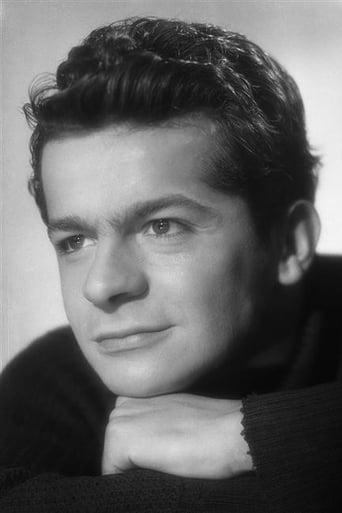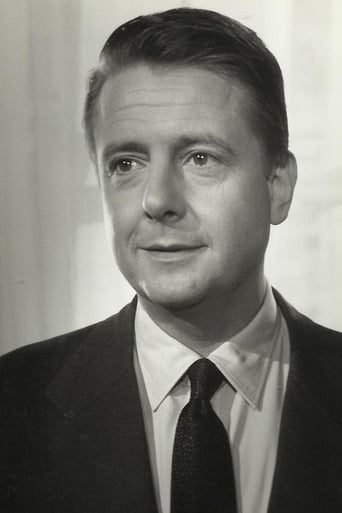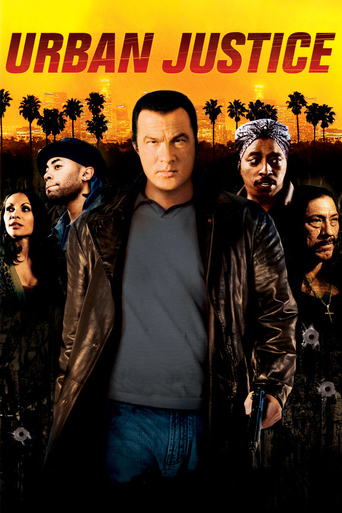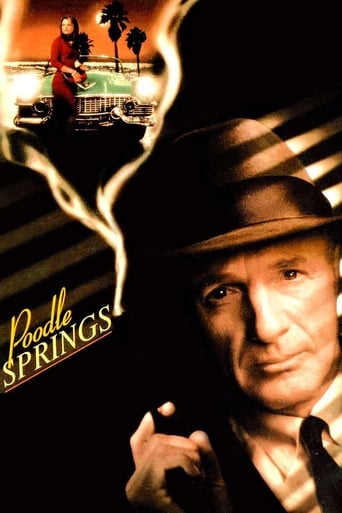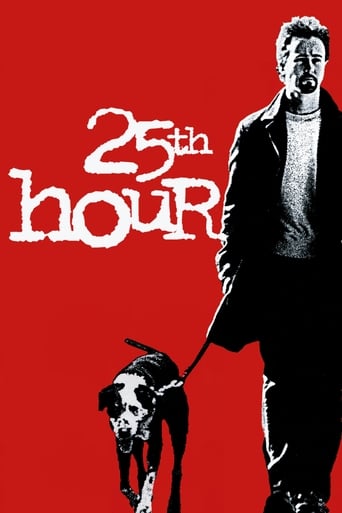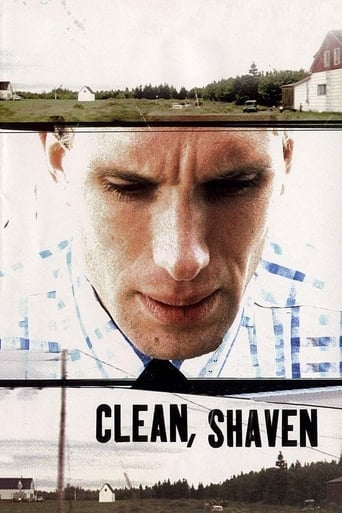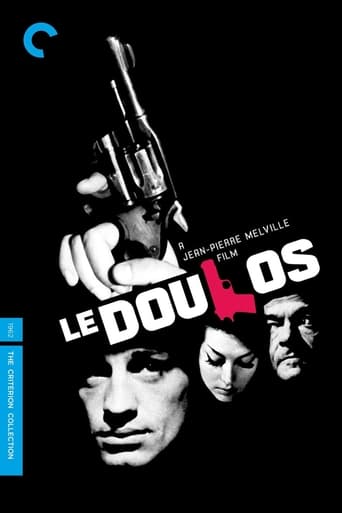
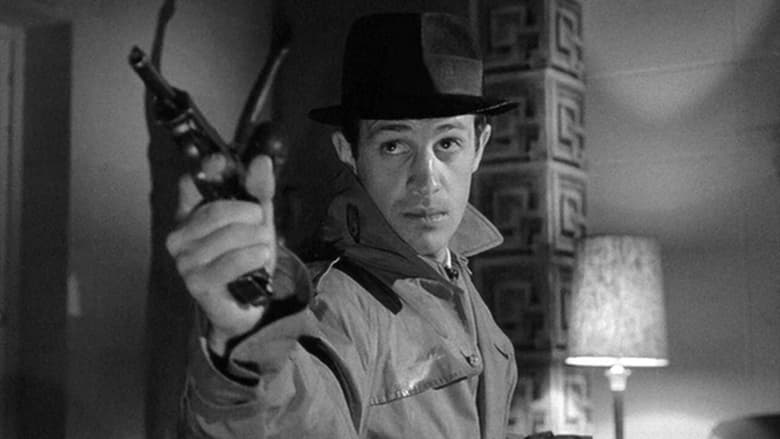
Le Doulos (1964)
Enigmatic gangster Silien may or may not be responsible for informing on Faugel, who was just released from prison and is already involved in what should be a simple heist. By the end of this brutal, twisting, and multilayered policier, who will be left to trust?
Watch Trailer
Cast
Similar titles
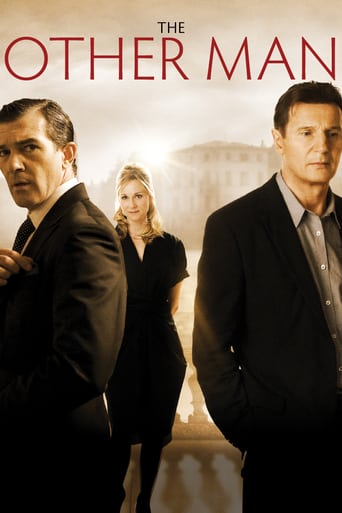
Reviews
I love this movie so much
Awesome Movie
I cannot think of one single thing that I would change about this film. The acting is incomparable, the directing deft, and the writing poignantly brilliant.
Although I seem to have had higher expectations than I thought, the movie is super entertaining.
French detective stories have two trademarks: 1. If somebody walks or drives a car, it should continue at least 10 minutes. Meanwhile the viewer can go to the rest room and come back without losing anything. 2. Complete disregard of details and plausibility. This movie is full of it. For instance, the hero is shot in the shoulder. There's no blood and no hole in his coat. Later he's shown on the bed with an infusion. Suddenly, he decides to stand up and go away. He wrenches out the infusion tube from his vein, and again no blood shows up. Such a bloodless individual! However, when another hero is shot, the blood spurts out from the hole like a fountain without leaving any spot on the coat. The hole is exactly in the middle of his coat, so his spinal cord should've been smashed to smithereens. But that hero is able to walk and even make a call. In another scene he shoots two gangsters and places two guns with no finger prints on them next to the bodies. Apparently French police should believe that the gangsters accurately wiped out their fingerprints just before becoming cold. Maybe people love this fairy tale. But they could watch the Snow White and Seven Dwarfs. It's much more plausible than this movie.
Burglar Maurice Faugel has just finished his sentence. He murders Gilbert Vanovre, a receiver, and steals the loot of a break-in. He is also preparing a house-breaking, and his friend Silien brings him the needed equipment. But Silien is a police informer...American filmmaker Quentin Tarantino cited the screenplay for "Le Doulos" as being his personal favorite and being a large influence on his debut picture "Reservoir Dogs". This does not surprise me in the least. Melville really picked up the mantle of noir that the Americans had done in the 1930s and 40s, and then apparently just gave up on. Luckily, he did it right and influenced one of the greatest crime films of the 1990s.What I love about Melville more than the story-telling or characters is actually the use of color. Just so crisp, with every shot capturing this gritty world as it should be.
Along a long walkway, emerging from the dark, the shadowy silhouette of Serge Reggiani as Maurice Fogel, a taciturn and solitary figure walking beneath a bridge in a long track shot paralleled with the opening credits. His footsteps resonate as the passing of time's ticking. At one point, the camera 'loses' him to follow the long shots of horizontal linearity tracing a destiny foreshadowed by the opening existentialist sentence : 'One must choose to die or to lie'.Maurice enters an isolated sinister house and sees himself in the mirror. He meets Gilbert in a dark little room upstairs and their discussion economically delivers precious information on Maurice's background. He's an ex-con, who lost his touch and a girlfriend named Arlette and is preparing a robbery. Gilbert is obviously an old friend, warning Maurice about one of his acquaintances : a man named Silien, he offers him food, advice, and even a gun what follows introduces us the duplicitous relationships prevailing in the underworld.There starts a mind-blowing masterpiece of deliberate confusion, as the fundamental element on which survival is based. This ability to lie is vital for le Doulos, literally, the man with the hat ('le Doul' in French slang), the cop informer, Silien, portrayed with the perfect mix of detached elegance and methodical professionalism, by a young Jean-Paul Belmondo. "In this business, you either die like a bum or full of lead" Silien highlights the ephemeral and futile nature of his profession, whose only exit is to get rich and leave. Silien's plans feature a big house in Province, a beautiful woman, and a nice retirement for his friend, Maurice.Friendship and loyalty are recurring themes in Melville's filmography, even in a world of thugs and murderers. Without principles, there would be basically no character to root for, and ultimately no tragedy. Both Silien and Maurice are crooked, but not morally corrupted. Maurice killed his friend Gilbert because he 'silenced' Arlette, and he could never have killed him if he hadn't turned his back. Melville was ahead of his time in his way to juxtapose ethical behavior with criminal acts. And if Silien's actions and involvement with the police inspire our suspicion, a long flash-back sequence debriefs us about Silien's true motives : Melville 'got us'."Le Doulos" contains all the classic Melvillian codes. The perfectionism of Silien and Maurice echo the iconic Samurai of Delon. The movie is so attention-demanding, several scenes need to be seen again like Maurice cleaning all the spots he touched before leaving Gilbert's house. The cops have this intelligence and refinement that create sumptuous interactions with the criminals. There's an extraordinary sequence where Silien discusses with Clain, the Police Chief, with a 360° panoramic view and no edit during exactly 8 minutes. The stunning black-and-white cinematography embodies the grim atmosphere. The first scene itself is an expressionist masterpiece in the way light reveals Maurice's duplicity with only half of his face visible, an ambiguity illustrated by the swinging lamp's dizzying effect.Melville's genius is in the way he manipulates us, our regards toward the characters' motives are altered all through the film, and no conclusion is to be taken for granted, a reminiscence of the Occupation years when anyone could be a resistant or a collaborator, a friend or a traitor. The script and the editing maintain a suspenseful uncertainty as we never see Silien and Maurice interact. And even our perceptions change, we all see Silien as a vicious individual in the beginning, but when he takes off his hat, he's a vulnerable kid, an innocence confirmed by his smiling expression when we walks in the last scene, mirroring the first one with a sad premonition, subtly hinted by an allusion to "The Asphalt Jungle"'s ending, the theme of failure was also particularly cherished by John Huston.John Huston, William Wyler, Robert Wise Melville, who took his name from the novelist Herman Melville, was a vivid admirer of the great American gangster films. "Le Doulos" is to Melville, what "Kill Bill" is for Tarantino, a tribute to a worshiped genre. It features fedora hats, trench coats, cocktail bars, glasses of scotch, unfaithful dames, guns, lies, betrayal, honor and redemption, an anachronistic universe when we consider the Paris of the 60's. There is something totally Americanized and 40's in Melville's Paris. I was even surprised by the cars, so unusually big for the Parisian setting. Ultimately, the only indications of the sixties are the hairdo and clothes of Maurice's girlfriend Therese.Which brings up a controversial issue : Melville's universe is a male one where women hardly play a significant part. I was shocked by the treatment of the beautiful Therese, before her informer nature is revealed. She's slapped, knocked out by Silien, tied up. He empties a bottle of whiskey on her face, humiliating her by messing up her face while he stays elegant. This brutal treatment followed by her fatal disproportional punishment, illustrates the gangster's cold-blooded nature, and the outsider status of women. Melville used women as foils for the virility of his characters, he didn't even cast female stars, as their acting seem awkwardly inferior to the men. Thérèse was played by an amateur, Melville's secretary, and she was a good an actress as the informer was a liar. Get the point? But despite all the precautions taken by Silien, he couldn't prevent Maurice from hiring someone to kill him, while he was still considered a rat. Silien's house gave the unfortunate clue that he wasn't going to end like a bum. The thrilling climax responds to the codes of Greek tragedy with the two men who can't escape from their nature. Silien looks at himself in the mirror with the figure of a man entrapped in his condition, and the only way to get out of it, and conquers back a poignant humanity, is to let the hat fall
Themes of trust, betrayal, friendship and masculinity are all dealt with in this story. Maurice has just been released from prison but does not appear to have learnt anything as he immediately murders his friend Gilbert then goes on to attempt another robbery. His friend Silien attempts to help him stay clean but these attempts are met with animosity on Maurice's part and he even goes as far as to hire a hit-man to kill Silien before he realises that he is a true friend; or is he? No full answers are ever given which leads the viewer to create their own conclusions.Jean Pierre Melville has created a wonderful film which has references to the classic American film noir of the 1950's but also creates a wonderfully fresh French example of the deconstruction of the gangster image and masculinity itself.Jean Paul Belmondo is wonderful, sexy and exiting in his depiction of Silien and Serge Reggiani plays Maurice perfectly by brooding his way through the entire film.This film is a must see for all fans of the gangster genre. Tarantino has used many of the elements of Melville's work in his own so it will seem really familiar to you if you are a Tarantino fan.

